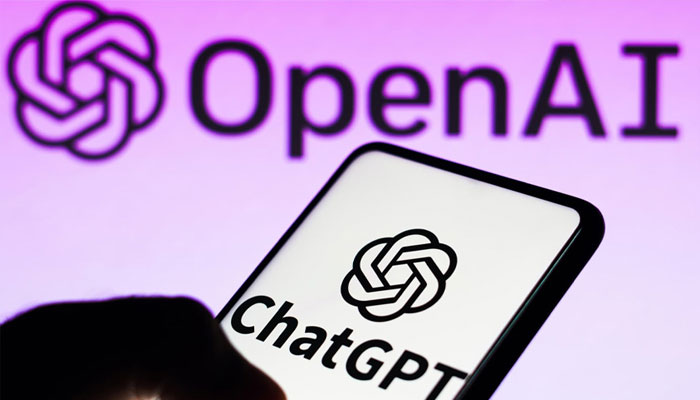Surge in ChatGPT Users Due to Ghibli-Style AI Art Causes Server Strain
Miyazaki Expresses Disgust Over AI-Generated Artwork Trend
Islamabad: OpenAI’s chatbot ChatGPT experienced a record surge in users last week, driven by a viral trend of creating Ghibli-style AI art using its image-generation tool. The sudden spike in demand caused server strain, temporarily limiting the feature’s usage.
The trend, which flooded social media with AI-generated images inspired by the iconic hand-drawn style of Studio Ghibli, led to a significant increase in ChatGPT’s weekly active users. For the first time this year, the chatbot surpassed 150 million active users, according to market research firm Similarweb. OpenAI CEO Sam Altman revealed that the platform added one million users in just one hour, a stark comparison to the one million users in five days following ChatGPT’s initial launch over two years ago.
SensorTower data also showed that active users, in-app subscription revenue, and app downloads all reached an all-time high, with global downloads growing by 11% and weekly active users increasing by 5%. The surge follows OpenAI’s updates to its GPT-4 model, enabling advanced image generation capabilities.
However, this surge in traffic led to glitches and low-scale outages, with the platform struggling to handle the massive influx of users. OpenAI co-founder Sam Altman acknowledged the challenges, warning users to expect delays and occasional service slowdowns as the company works to address capacity issues.
The rapid growth of AI-generated Ghibli art has also raised legal concerns regarding potential copyright violations. Evan Brown, a partner at the law firm Neal & McDevitt, pointed out the uncertain legal landscape surrounding AI-generated content, noting that copyright law typically protects specific expressions rather than artistic styles.
Read more: Pakistan Launches Its First Homegrown AI Chatbot Tailored for Local Needs
Meanwhile, Hayao Miyazaki, co-founder of Studio Ghibli, voiced his disgust at the AI-generated artwork trend. In 2016, he stated, “I would never wish to incorporate this technology into my work at all,” after being shown an early render of an AI-generated image.
As the trend continues to evolve, OpenAI has not yet responded to requests for comments on the data used to train its AI models and the legal implications surrounding its latest image-generation feature.




Comments are closed, but trackbacks and pingbacks are open.